When we moved into our small terraced house with a garden eight years ago, I naturally took care of the lighting in the garden right away. Calla, Lily, and Outdoor Lightstrip have always been part of it, and now Impress wall lights and the classic Hue Festavia string of lights are also on board. Until now, only one piece of the puzzle was missing: the Philips Hue Festavia Globe (available in the Hue-shop).
These are the candidates I’ve used so far
Some time ago, I stretched a small wire rope from the garden shed to the window on the first floor to attach a string of lights in the shape of a garland. And here I have tried out a few candidates over the last few years.
It all started with the Twinkly Festoon. They were relatively simple in design, but each small bulb could display a separate color. The Twinkly app was easy to use as long as you used pre-designed scenes. Assigning a different color to each individual LED was always quite tricky.

At some point, I started looking for a solution that works with Zigbee and is therefore compatible with the Hue Bridge. I found Stella from Müller-Licht, but it could only display one color along its entire length and the white tones were quite weak.
As a Hue enthusiast, no solution has really convinced me so far, even though I already had some really nice string lights hanging on my wire rope from Govee or Nanoleaf, some of which are very attractively priced.
The Hue Festavia Globe is not a bargain
Unfortunately, things are a little different with the Hue Festavia Globe. Even the shortest version, with a length of 7 meters and 10 LED lights, costs a hefty €159.99. At least if you already have an outdoor power supply, the string of lights is available as an “extension” for €129.99.
The 14-meter-long Hue Festavia Globe with power supply is also already available in Europe for €219.99. This is exactly the version with 20 lights that you can see here in my pictures.
The three other versions, i.e., 14 meters without a power supply (€189.99) and 21 meters without a power supply (€259.99) and with a power supply (€289.99), will not be available until November 2025. Philips Hue also offers replacement bulbs in a double pack for €19.99.
The following video was recorded in German. You can activate the English synchronization on YouTube to watch it.
Installing the Hue Festavia Globe in detail
With a length of 20 meters, the string of lights is not exactly easy to handle. In addition, there is a 220-centimeter cable from the plug to the controller and another 150 centimeters from there to the first bulb. An outdoor extension cable can also be used here. From the last bulb, there is another 35 centimeters to the final eyelet, which can be used to attach the string of lights to a hook, for example. The Hue Festavia Globe cannot be extended. So you need to know in advance what your final installation will look like.
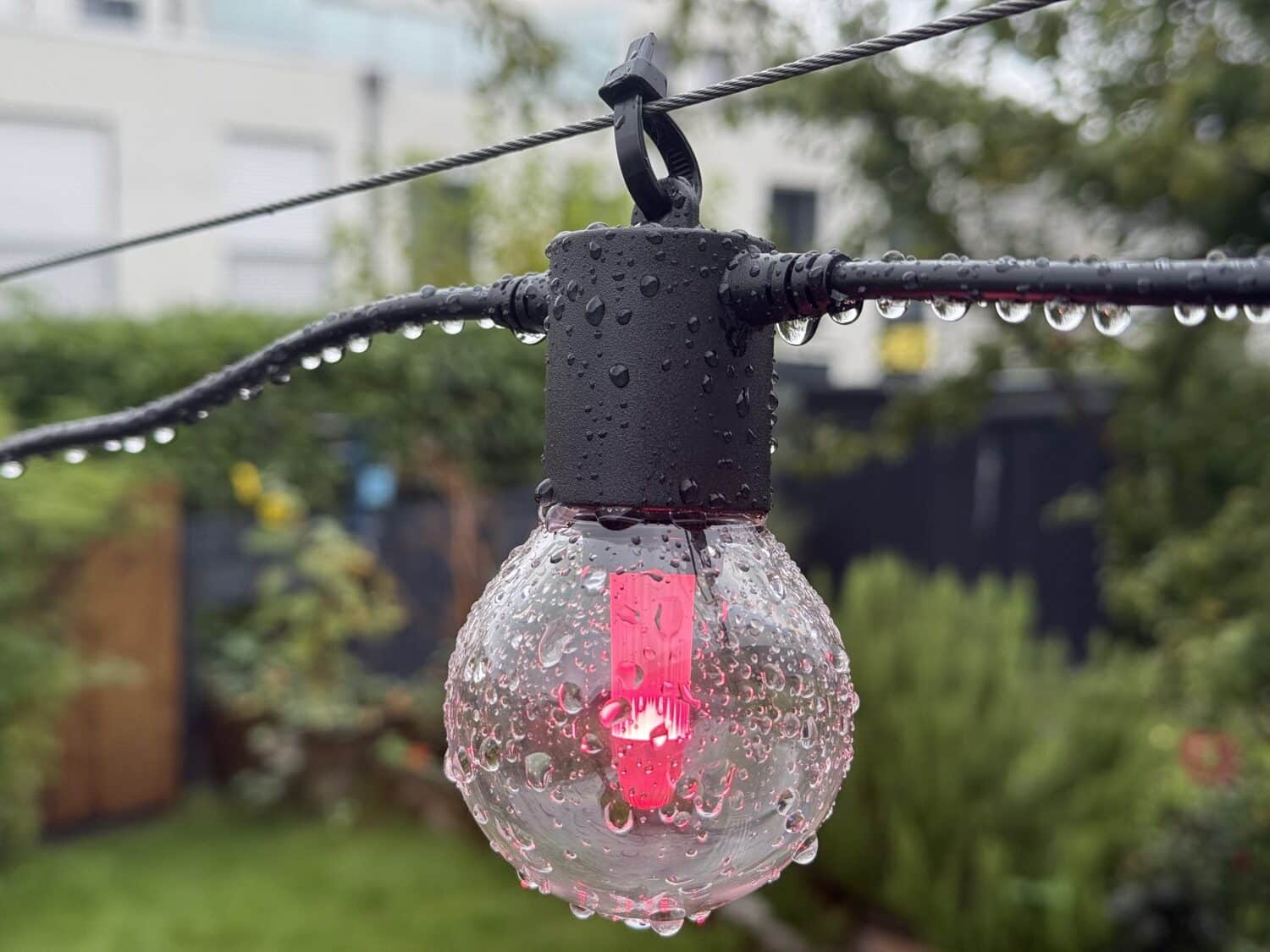
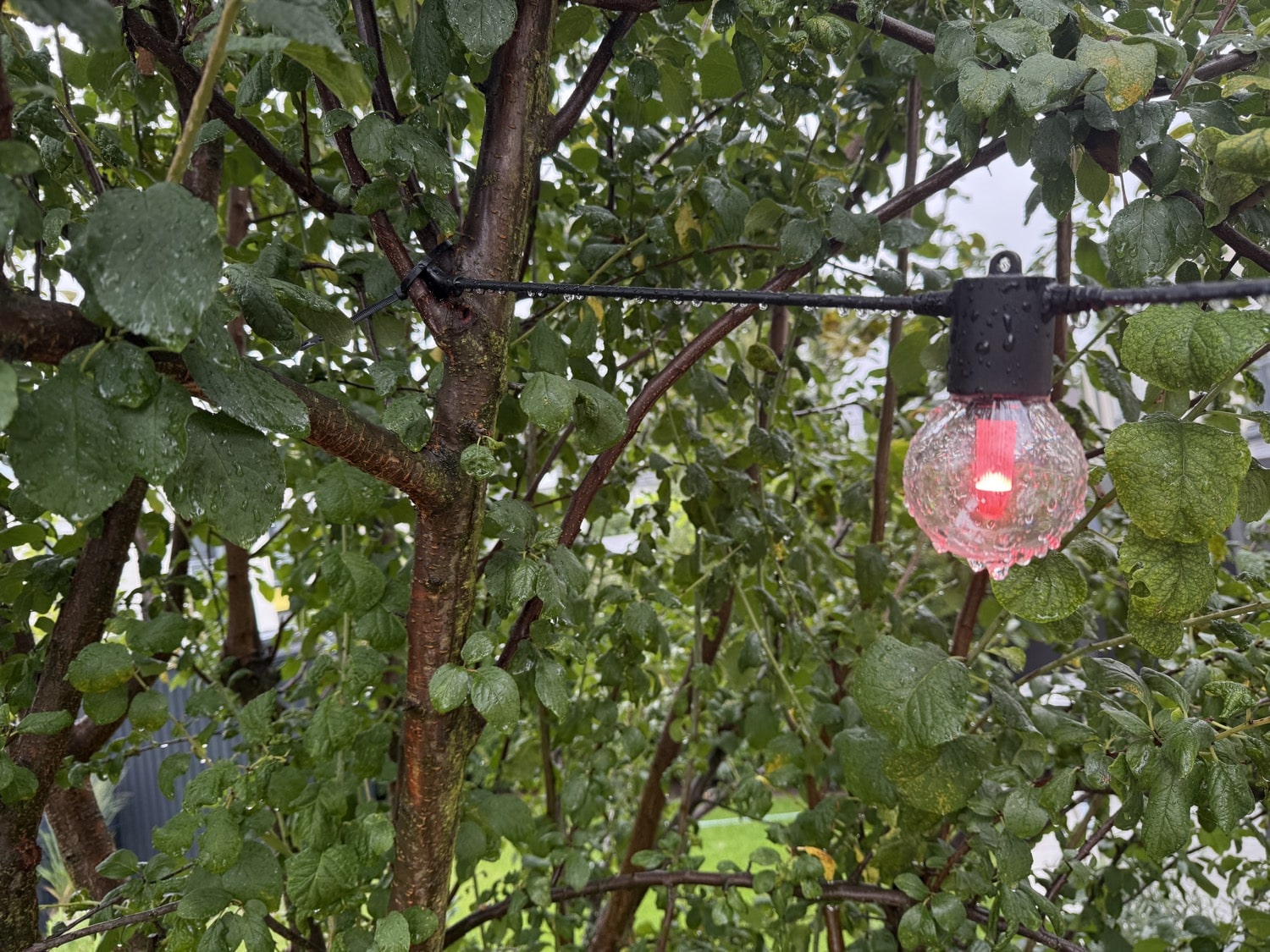
The 20 bulbs can also be hung on small eyelets. However, these plastic rings on the top of the lights are tightly closed, which made installation on my wire rope difficult – I ended up attaching them with cable ties. In the long run, this might not be such a bad thing, because on other models, the open eyelets have loosened over time and some lights have slipped off the wire rope in strong winds.
Of course, I can’t judge how you ultimately attach the Hue Festavia Globe. In my case, the cable ties worked quite well and also looked reasonable.
Does the new string of lights shine properly?
The individual small lamps are only 50 lumens bright. Compared to indoor light bulbs, which produce around 800 to 1000 lumens, this is of course alarmingly low. With the Hue Festavia Globe, you could say that it’s the quantity that counts.
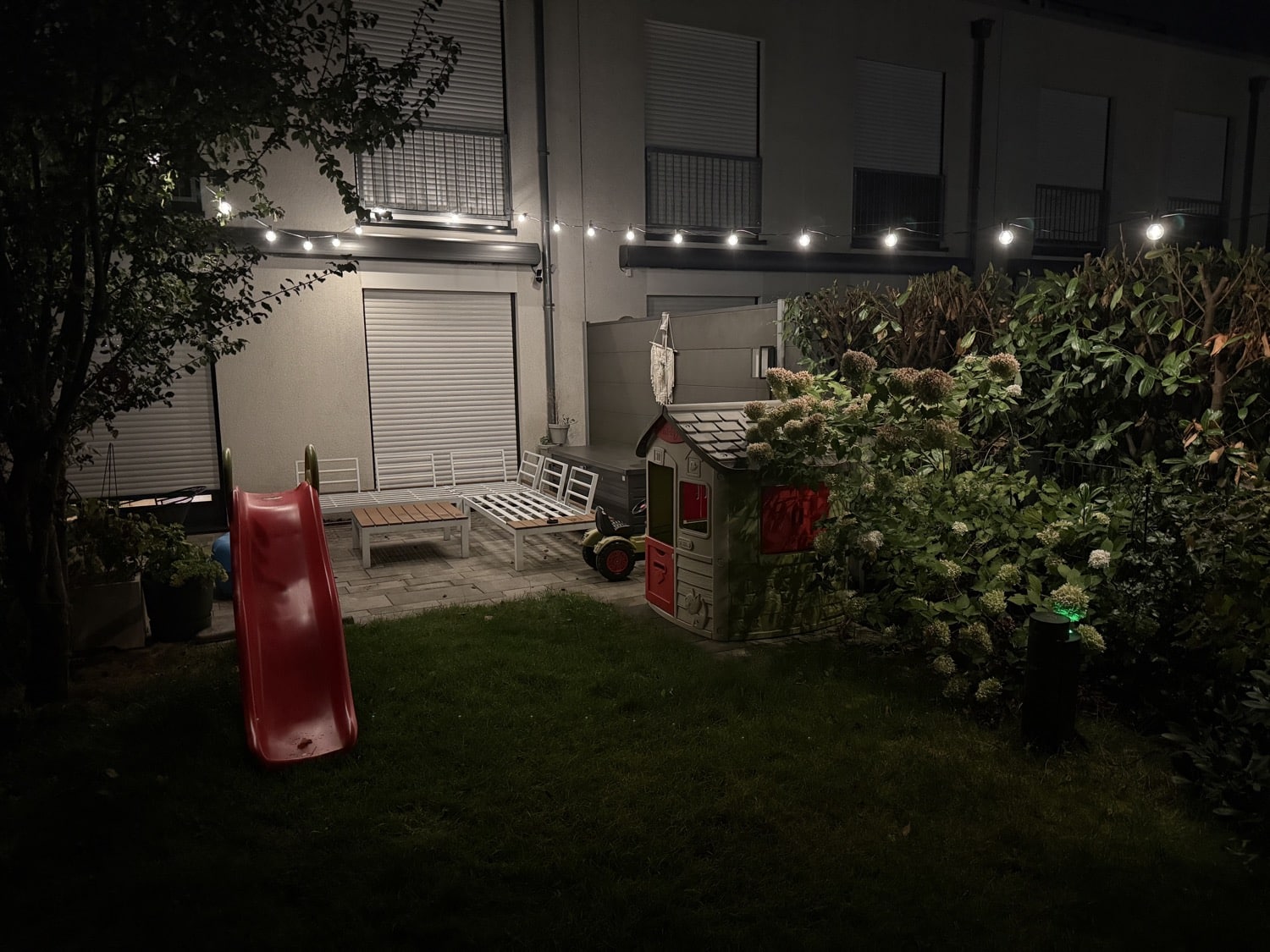
I have a total of 20 lights, each with 50 lumens, so I get a total of 1,000 lumens. And when they’re strung across the patio, they ultimately provide significantly more light than the same number of lumens in a wall lamp tucked away in a corner. On a balmy summer evening, it would be no problem to sit comfortably in the lounge and read a book with just the white light from the Hue Festavia Globe.
However, the great strength of the Hue Festavia Globe is not the white light, but the colorful lights. Just like with the fairy lights for the Christmas tree, you cannot control individual LEDs directly with the garland fairy lights. But I don’t want that in everyday life. With the three points in the color wheel, you can create a perfect color gradient over the entire length of the fairy lights in no time at all. You can also mix up to five colors in diffuse mode. That looks great too.
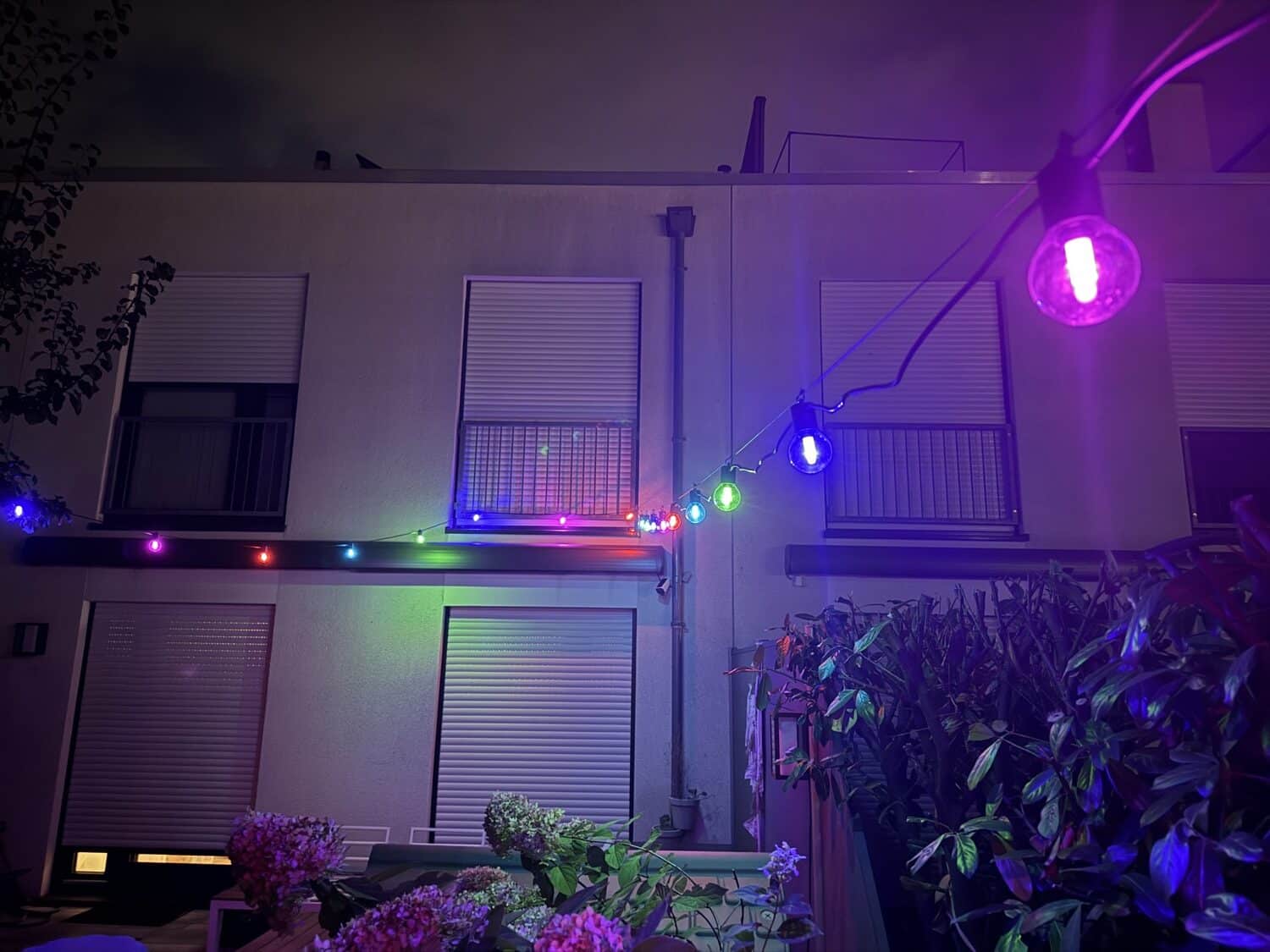
And if you want to save yourself even more work, simply select one of the many scenes from the Hue light scene gallery. You can then apply the scene not only to the Hue Festavia Globe, but also to other lights in the garden or on the house. But I don’t need to explain that to you.
The big advantage, especially compared to string lights from other manufacturers, is undoubtedly the integration into the Hue system. Whether it’s scenes, control with a switch, or connection to a motion detector – no other manufacturer makes it this easy.
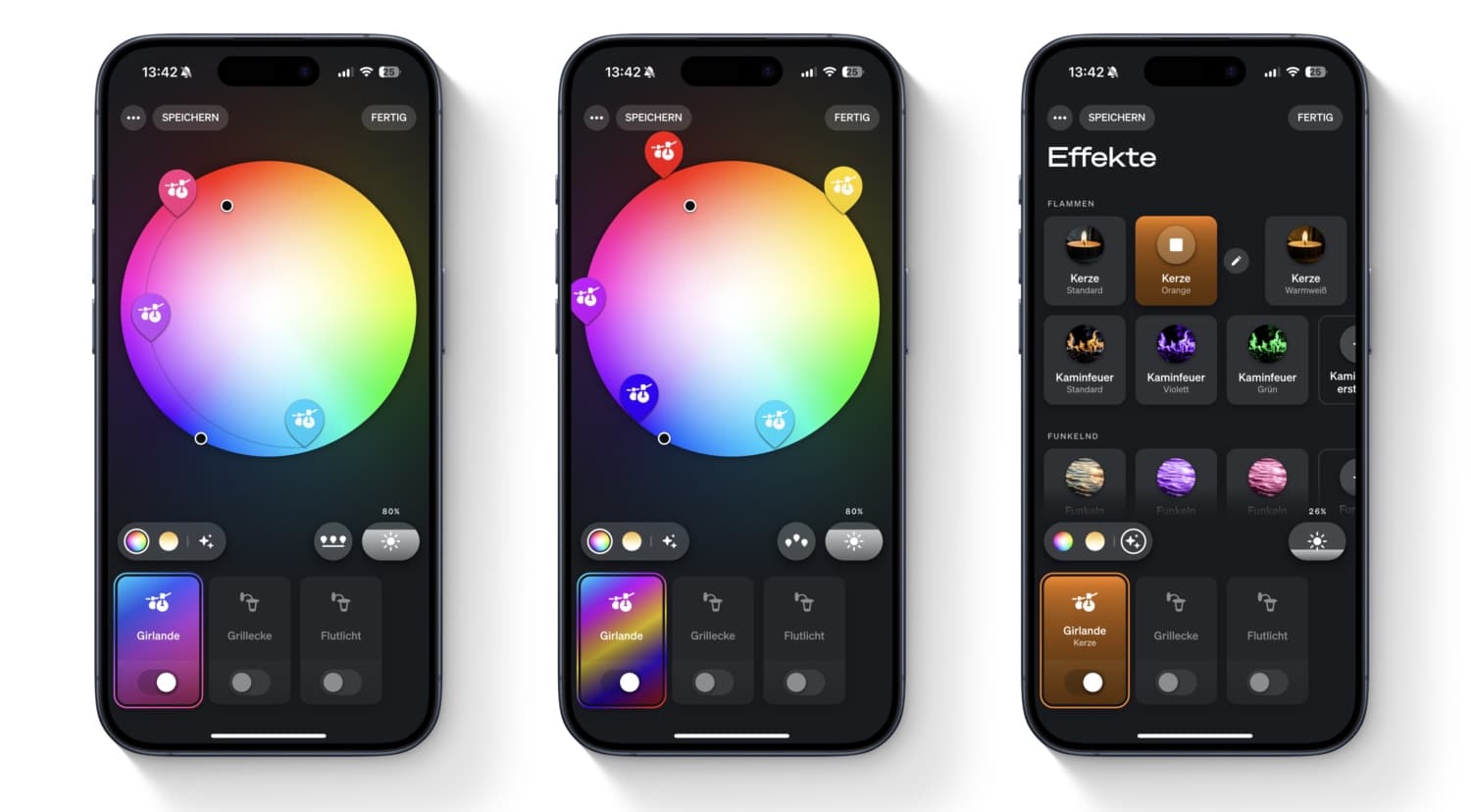
Only one question remains: what will it look like after a few months?
I can’t tell you yet how weatherproof the Hue Festavia Globe really is. According to the technical data, rain shouldn’t be a problem. I won’t know until next spring whether the small lamps are really completely waterproof. At least we already know that it’s better not to leave the outdoor system’s connections lying on the ground.
So far, I’m very impressed with the Hue Festavia Globe. And even from the other side of the garden fence, my dear neighbors have already asked: What are those great new lights? The only slight downside at the moment is probably the price, which is quite steep even by Hue standards.
Hue Festavia Globe
from $129.99 / €129.99


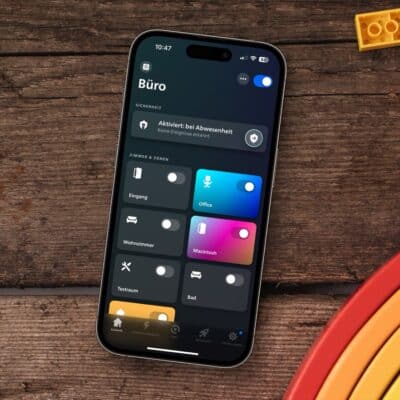

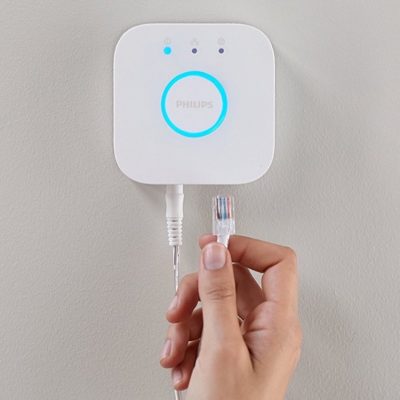
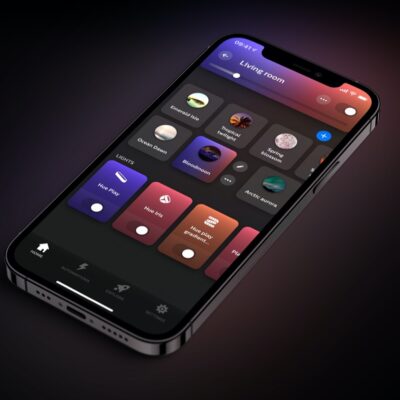
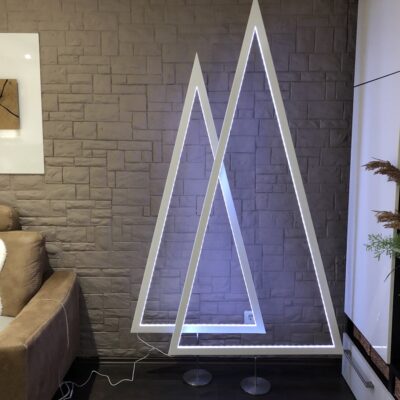
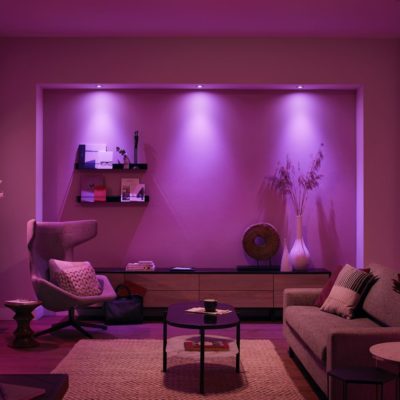


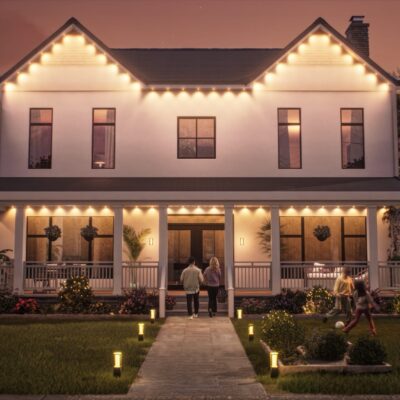
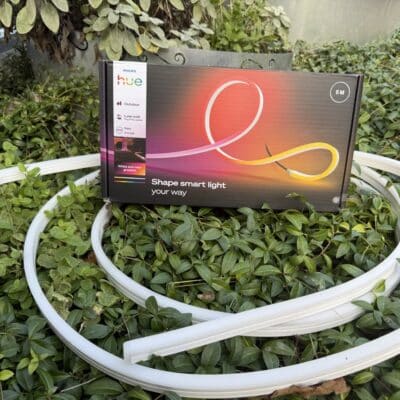
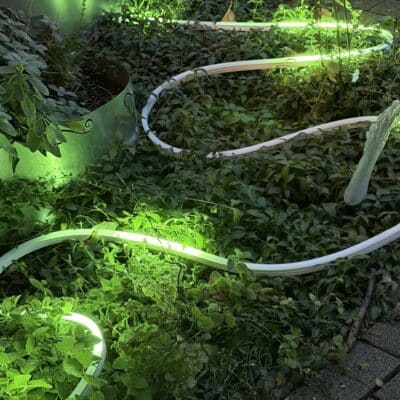

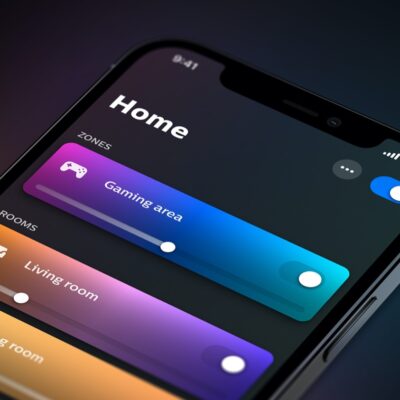


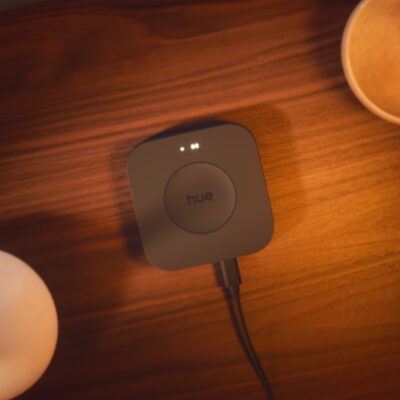
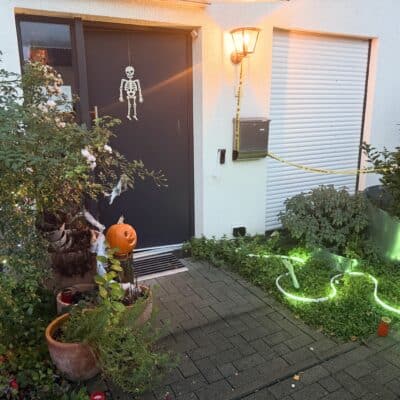

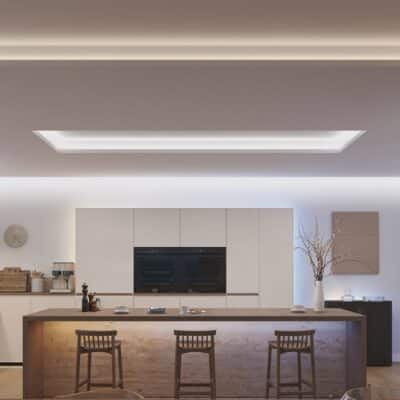

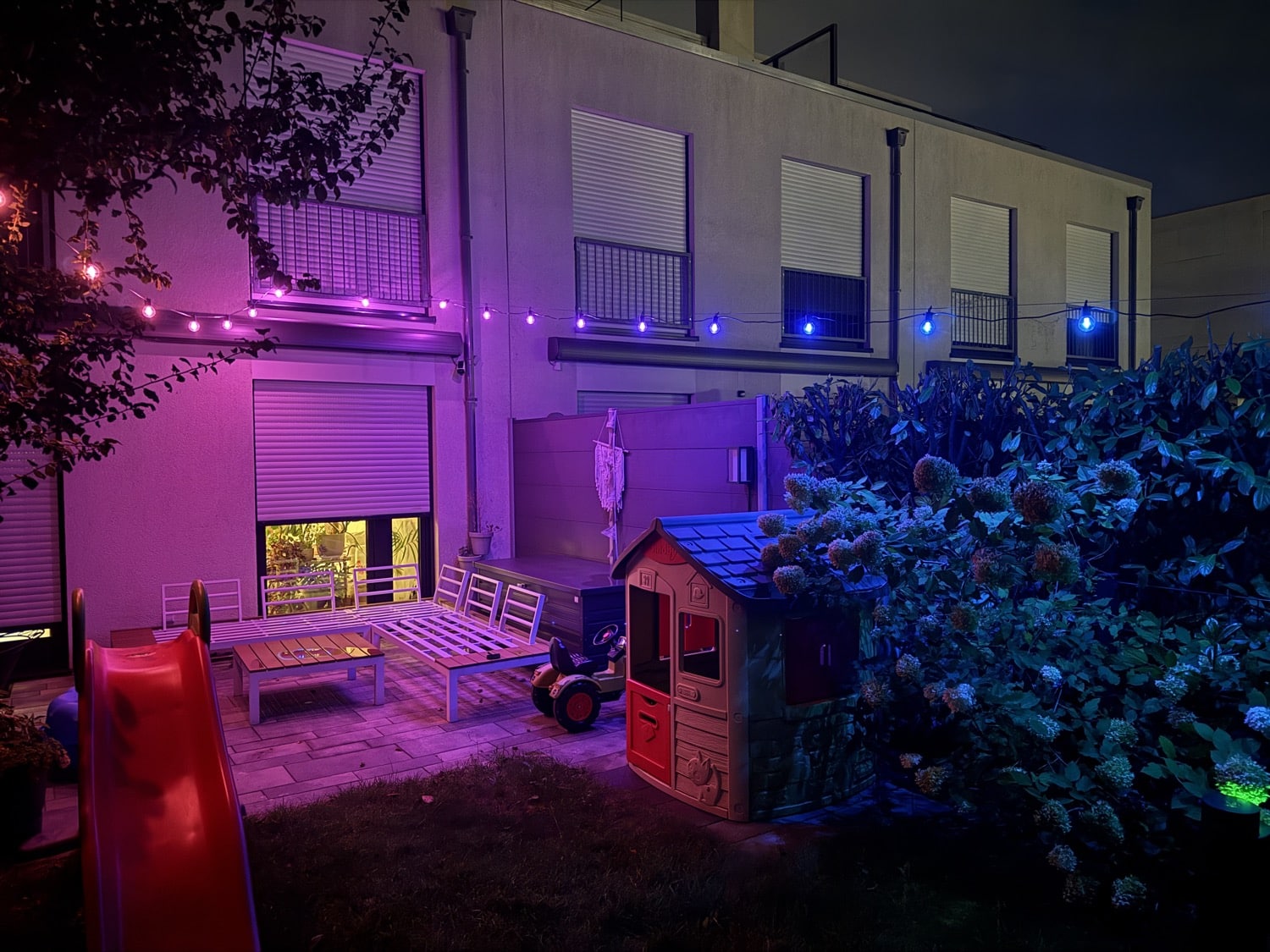
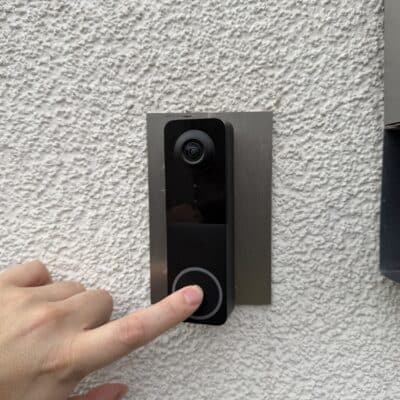


Do globe lights have white LEDs like their color and white ambiance bulbs? CN you replicate warm And cold white accurately?